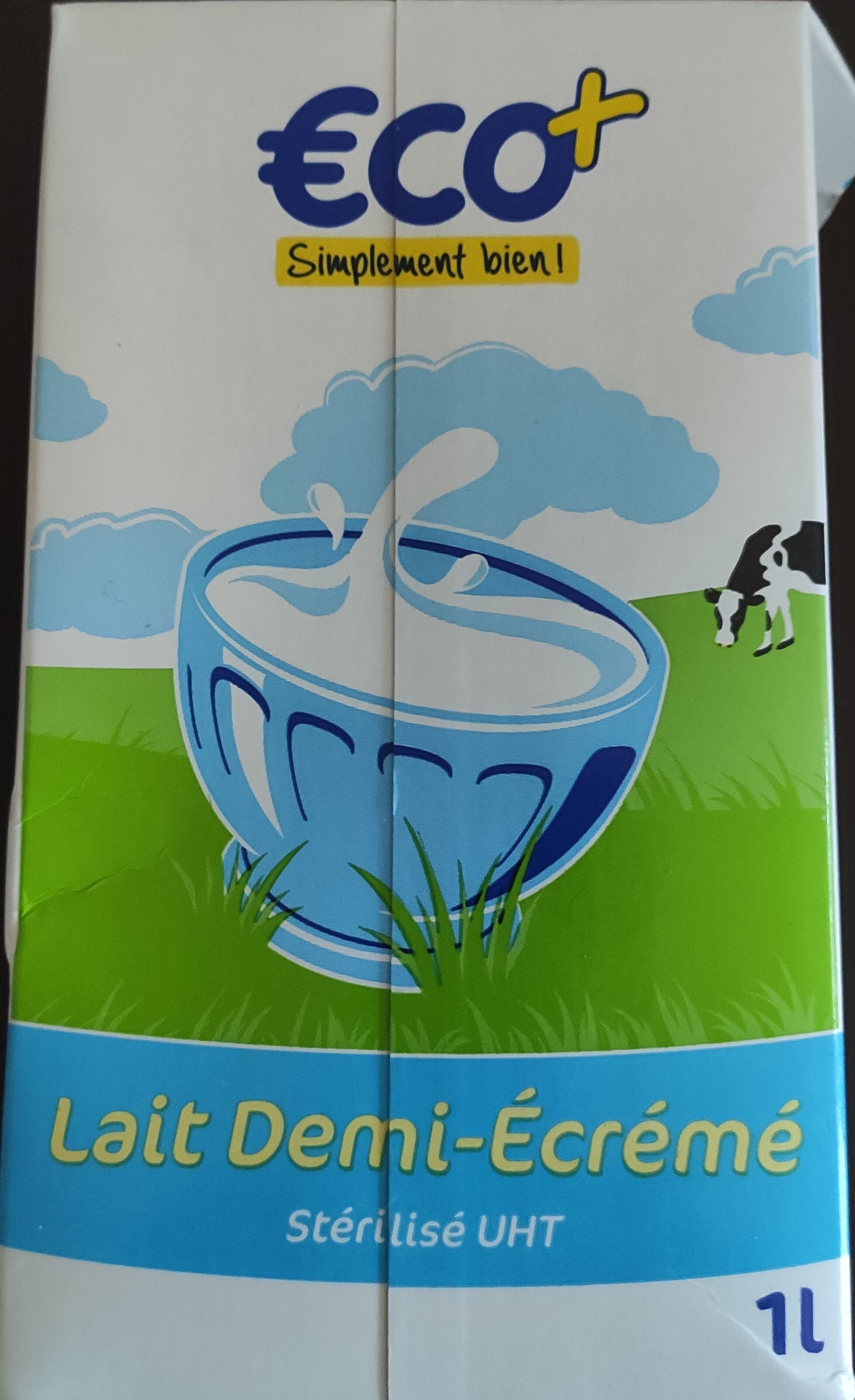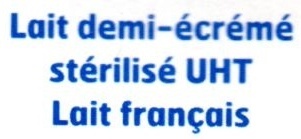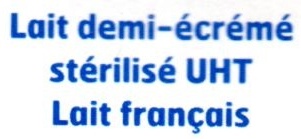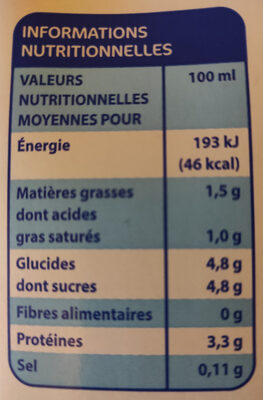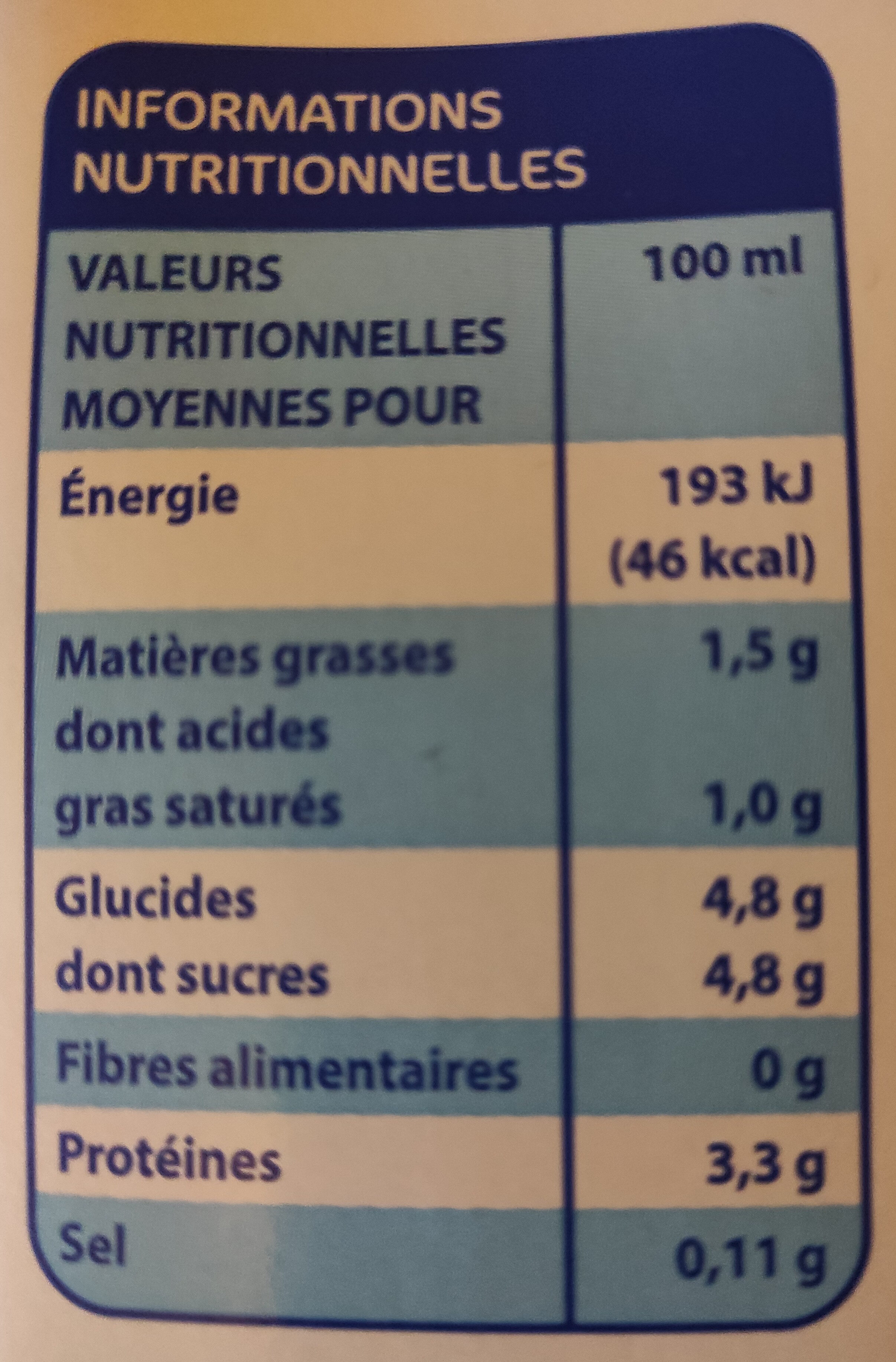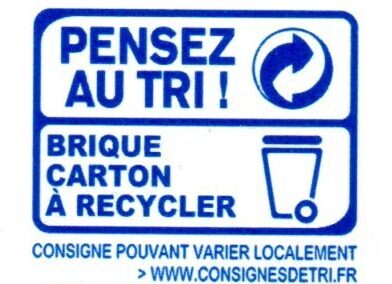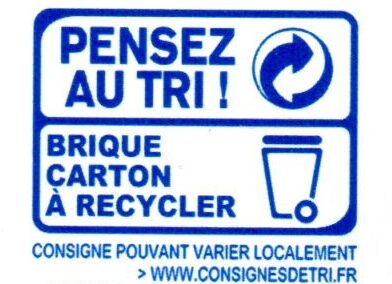Lait Demi-Ecrémé - Stérilisé UHT - Eco+ - 1l
Barcode: 3450970102124 (EAN / EAN-13)
Common name: Lait 1/2 écrémé brique
Quantity: 1l
Packaging: fr:Brique carton à recycler
Brands: Eco+, Eco +, E.Leclerc, Leclerc
Categories: Beverages, Dairies, Milks, Homogenized milks, Semi-skimmed milks, UHT Milks
Labels, certifications, awards: Nutriscore, Nutriscore Grade A, fr:Info-Tri Point Vert, fr:Transformé en UE
Origin of the product and/or its ingredients: France
Origin of ingredients: France
Manufacturing or processing places: Milch-Union Hocheifel eG (MUH) - Im Scheid 1 - 54597 Pronsfeld, Rhénanie-Palatinat, Allemagne, Union Européenne
Traceability code: DE RP 247 EG
Link to the product page on the official site of the producer: http://www.e-leclerc.com/espace+eco-plus...
Stores: E.Leclerc Drive, Leclerc, E.Leclerc
Matching with your preferences
Report a problem
Data sources
Product added on by openfoodfacts-contributors
Last edit of product page on by prepperapp.
Product page also edited by bugmenot, del51, ecoscore-impact-estimator, jacob80, julienm, kiliweb, manu1400, packbot, quechoisir, sublimedivin, tacite, tacite-mass-editor, yggdrasil, yuka.UjRJdVRhMDRwS1VxdmZRLzdESHh3ZlY3bnAyQ1pFR3hDOHBQSVE9PQ, yuka.Uy8wSE1aUmRncUZWb1BZZDd6LzAxb2xKbTdEMWJ6cUZNTmdkSVE9PQ, yuka.ZmZ0Uk9xZ05sdmdQcDloaTBoai9xNE51NlpieWZqS3NKZVpBSUE9PQ, yuka.sY2b0xO6T85zoF3NwEKvllRCfMvfgzSeOhH4l2Kzne2LdJXofdxC_orWMqg.

